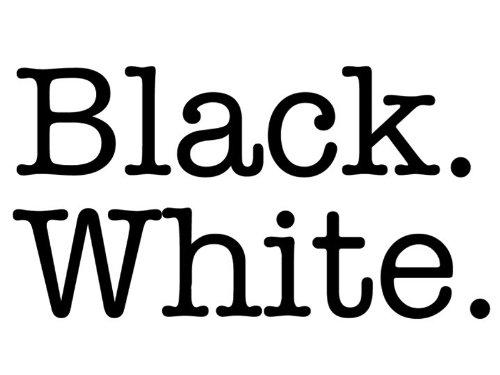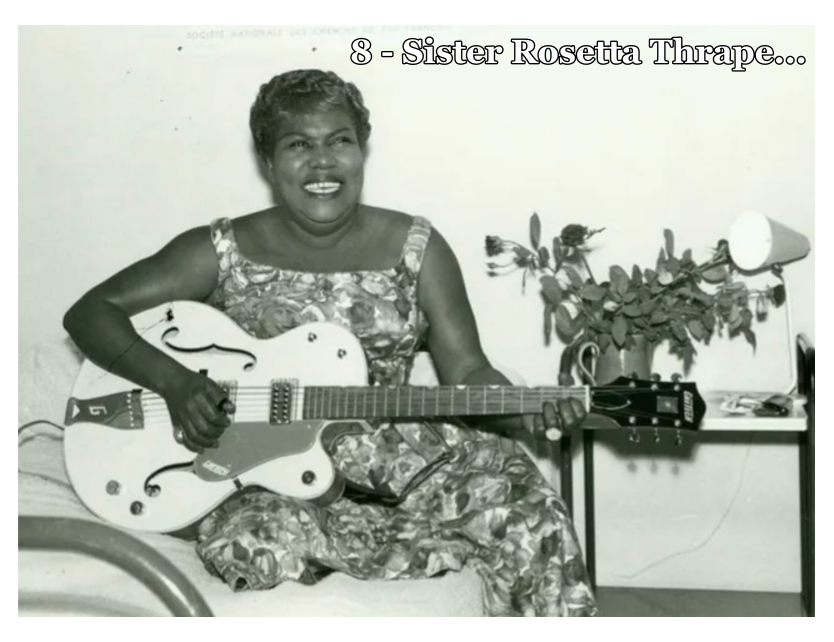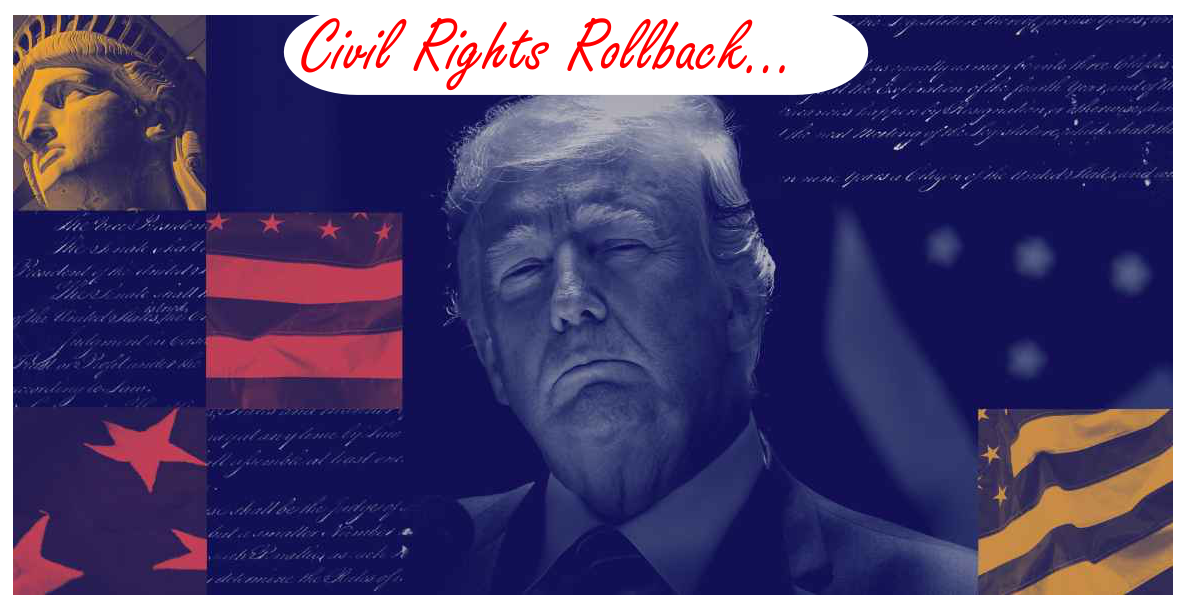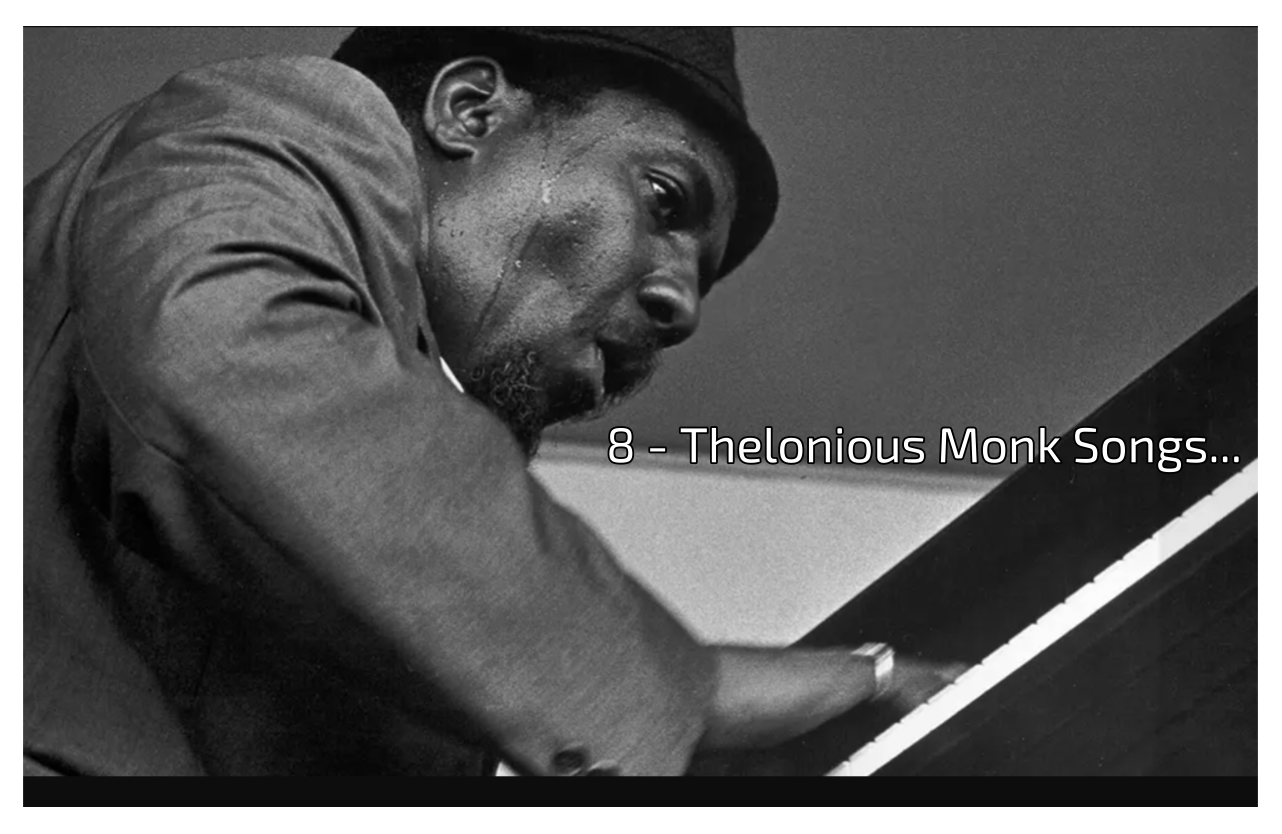(ThyBlackMan.com) Around the time of Bacon’s Rebellion in Virginia (1676-1677), the word “white” appears in a legal document for the first time in our history to denote distinct “races” of people. In particular, the document distinguishes “white” people from “Africans”, prohibiting them from marrying each other. The ultimate purpose of the new law was to keep poor people – of all races – from uniting against wealthy landowners. (That is what happened during the Rebellion.)
Despite the fact that some Blacks were enslaved, there had been virtually no other major social or legal distinctions in Virginia based solely upon skin color. In fact, the distinctions between slavery and indentured servanthood weren’t completely rigid at that point. There was even a great deal of interracial marriage, which is ironic given the “Loving vs. Virginia” Supreme Court case that was decided roughly three hundred years later.

Incidentally, I used quotation marks for the word African because, before then, people from that continent distinguished each other (and other people distinguished them) by nationality, tribe, culture, and language rather than by skin color or even a shared continental connection. Likewise, “white” people did not think of themselves as “white” or “European”; they were English, Scottish, Irish, Welsh, etc. That changed following the Rebellion. Skin color as “race” had become firmly entrenched in Virginia, and throughout the colonies, by the time the United States was formed 100 years later. That remains the case today.
I thought about that history as I watched videos of the recent attack on a Black man – who was simply doing his job – at Riverfront Park in Montogomery, Alabama. As has been widely reported, the unprovoked attack took place at a dock at which enslaved Blacks were brought in by human traffickers to be sold as property. (Fittingly, Montgomery is known as “the Cradle of the Confederacy”.) For several days, I have read and listened to news coverage of the attack that devolved into a brawl. I have monitored Facebook and X. And, of course, I have studiously reviewed the endless memes and “re-enactments”.
Most poignant to me was the fact that a 16-year-old young man jumped into the water in an effort to render aid to Damien Pickett, co-captain of the Harriett II (i.e., the riverboat that attempted to dock). His quick action has rendered him a hero to many, including me. I would hasten to add that the comparisons that have been made between him and Kyle Rittenhouse are as ridiculous as they are cynical. This young man was a bystander, not someone who intentionally went looking for a fight with a gun in his hand.
Given our nation’s history overall, and Alabama’s in particular, I was struck by many people in the various comment sections who wrote things like, “Why is the media focusing on the skin color of the fighters?? This just causes further division!” I don’t think it’s a coincidence that nearly all of the people who were making such comments are white (judging by their pictures). I view such complaints with a great deal of skepticism because it is exceedingly rare to see the same comments from white people when the aggressors in such situations are Black. The dominant theme during such incidents is, “That’s just how Black people are”. Frequently, other words are substituted for “Black”.
Steven L. Reed became Montgomery’s first Black mayor in 2019. During a press conference shortly after the brawl he emphasized that those who had been charged were not from that city. However, other arrests are likely to be forthcoming. Crucially, I credit the Montgomery Police Department for their restrained response to the melee. It was an object lesson in how to defuse a very tense situation without officers shooting people because they “feared for their lives”.
This sad episode, caught on video, is an answer to the myriad questions that African Americans are asked (often disingenuously) on an almost daily basis: Why do you use the term African American? Aren’t we all just Americans? Why is everything about race? Why don’t Black people trust white people? Why do you capitalize “Black” when referring to yourselves? Haven’t we gotten past all that? The video might as well be captioned with the Latin phrase res ipsa loquitur.
Despite the ongoing evidence that America will always be mired in the racial morass that was encoded in our national DNA even before we became a nation, I remain hopeful that enough people of all races who are dedicated to racial equity will decide that they are, in Fannie Lou Hamer’s words, “Sick and tired of being sick and tired”. I’m hopeful, but not optimistic.
Written by Larry Smith

















We As Black American’s Have A Very Long Way To Go Before There Is 100% EQUALITY In This So Called Great Country Of Ours Even Though We Are In The 21st Century 2024. There Are Different Laws For Different People, It Depends On The Color Of Your Skin.